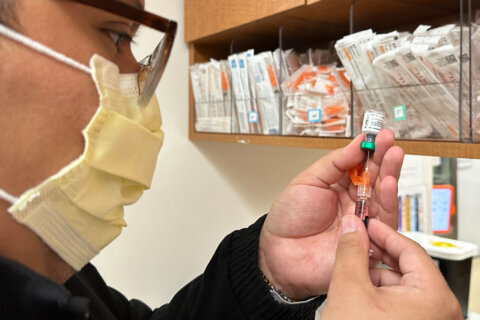WASHINGTON — Chemicals and pathogens in treated recreational water such as public pools can lead to outbreaks, the Centers for Disease Control and Prevention warns.
From 2000 to 2014, 500 such outbreaks were reported, according to the CDC’s latest Morbidity and Mortality Weekly Report. More than 27,000 people were sick and eight deaths were linked to outbreaks associated with exposure to treated water during a 15-year span.
According to Michele Hlavsa, chief of CDC’s Healthy Swimming Program, pools, hot tubs and water playgrounds mainly at hotels and motels, are all at risk of spreading germs.
“The leading cause of these outbreaks is cryptosporidium, a parasite that causes diarrhea that’s really resistant to chlorine,” said Hlavsa.
To stay healthy in the water, the CDC says swimmers should avoid swallowing the water or swimming with diarrhea.
Changing diapers and hourly bathroom breaks helps stop the spread of the parasite. The CDC also suggests checking the facility’s inspection score before swimming. State and local health department websites may also post these scores.
Doing your own inspection using a test strip to check the chlorine or bromine level before you get in the water also helps protect young swimmers and avoid health hazards.








